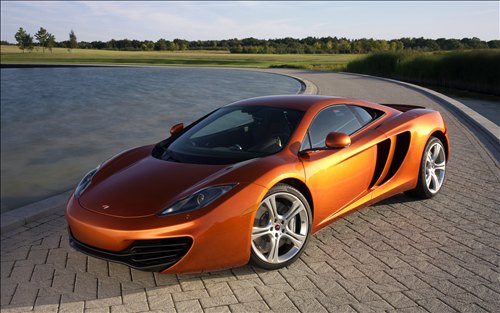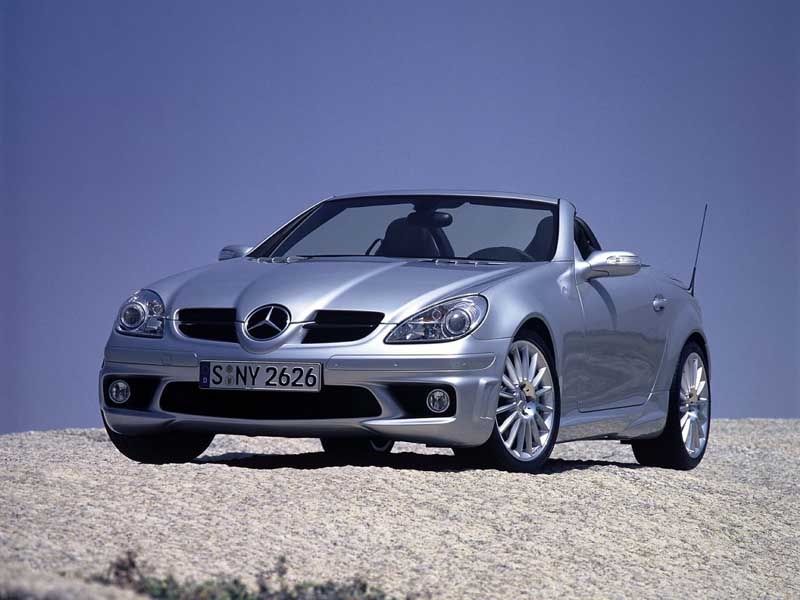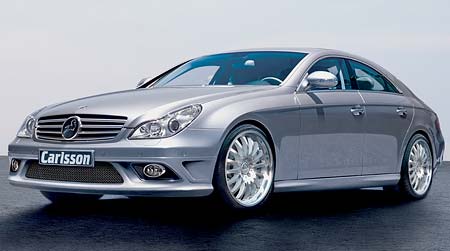
Not only is Polvo my favorite band ever, they're also arguably the biggest sports fans in indie rock history. They're playing the Crocodile in Seattle tonight, and you should see them if you live in my city. Dave Brylawski has done a ton of press lately, but hopefully there's something new in here. Oh, and sorry for the shortage of pictures, I wanted to get this up before tonight!
Bethlehem Shoals: Okay, so I guess we're going to try and do this formal interview now. I'm having trouble not just asking all the random fan questions I've stored up over the years.
Dave Brylawski: Well, ask them.
BS: That would be totally unprofessional. Like, should I ask what the hell the songs were generally about? The Recluse tried to convince me they were all about girls.
DB: Some girls, some mature life stuff. I don't know. Probably a lot of them aren't about much. Abstract feelings. We're not a topical band, songwriting-wise.
BS: Let me try something more journalist-y. How do you feel about now being referred to as, among other things, one of the defining guitar bands of the indie era? No offense, but I never realized Polvo had so much influence.
DB: Actually, we're in this weird zone. A lot of the press that's written about us now is about how small we are, and how we sabotaged ourselves and never really capitalized on [our success]. We're in this netherworld where we're not big, but we're big enough that we're still playing 20 years later.
BS: Do you think you've gotten bigger in death than in life?
DB: I don't know if we've gotten bigger, but we've definitely had some staying power that I never would've predicted when we stopped playing in nineties. The funny thing is, we stopped playing in 1998, and for a couple years, it died a very quick death, and you didn't really hear much about Polvo. But then a few years later, it started to get back to me that people hadn't forgotten Polvo, which was nice, and unexpected, and a little strange, actually.
I don't know why some bands get lost in time and others stay on people's minds, and we're fortunate that we did. There were a lot of good ones from our era, and I don't know why someone would remember us as opposed to, say, Unwound.
BS: It might have something to do with the trouble people have always had figuring out your sound. I always got annoyed when Polvo was described as "math-y."
DB: There’s a lot of math rock bands I really like. I think our umbrage with that descriptor is more that we didn’t feel like we were completely worthy of it. Polvo definitely has a primitive-ness that’s antithetical to math-rock. I think it’s just more like our stopping and starting within a song. Most of our songs are 4/4. Sometimes we slip in some extra some stuff, but we’re pretty straightforward, time-signature wise. We get asked about it all the time, though. I think because it's on our Wikipedia page.
BS: And before that there were the Sonic Youth comparisons.
DB: If you read our very early interviews, early 90s, one of the questions is always "who are your influences?" And it’s like so obvious who are influences are that we would say, “We don’t have any influences.” But it’s so fucking obvious that Husker Du, Meat Puppets, and Sonic Youth are our influences. We became more comfortable later on acknowledging how important they were to us.
The main thing we share with Sonic Youth is that they’re very much a rock band. As experimental as they are, they’re still at the core a rock band that pushes whatever envelopes they push and I think we share that element too. We’re a rock band. It’s not more mystical than that, unfortunately; there’s no mysticism involved. Two guitars, bass, drums.
BS: At some point after Polvo had broken up, I put on "Dancing Days" and was struck by how much it reminded me of Today's Active Lifestyles.
DB: I always sort of felt like Polvo was sort of a classic rock band, even in the early nineties. That was always a touchstone. To me, it was a continuation of the mindset of bands from the sixties who still wanted to rock but feel like we had the freedom to do some other things, other than than writing standard bridges and choruses. I don't like calling it "experimental," but just kind of pushing it a little bit and playing with it. Psychedelic, I guess. But again, to me we are just a rock band, I don’t think we’re that left field. But people seem to think we are. I don't know where that comes from, really.
BS: Seriously?
DB: I think a band like Thinking Fellers or Sun City Girls, they're pretty left-field. Compared to them, Polvo's like a bar band.

BS: Okay, onto sports. So I hear you hate Roy Williams.
DB: No, I don't hate Roy Williams! I have a complicated relationship with Roy Williams. I definitely appreciate what he’s brought to Carolina. The whole Kansas thing two years ago was sort of tough. Like our friends who think about this stuff, we think having to play Kansas, Roy didn’t know how to deal with that. It got into the kids’ heads a little bit. There was a lot of leading up to that, Roy saying he didn’t know how to coach against Kansas, Roy saying, "Half my heart’s still in Kansas." You don’t want to hear that shit as a Heels fan. That game was crazy. That ruined Billy Packer’s career, I think. When Billy Packer said, "it’s over" like four minutes into the game when Kansas got up by like 26 (Carolina did get back in that game). But that left a bad taste in my mouth which was finally sort of cleaned out by last year, of course. I like Roy. There is something John Edwards-y about him though. I can’t put my finger on it. Maybe it's that "aw-shucks"-ness about them that feels kind of forced.
I miss Dean, is what it comes down to. There will never be another coach like Dean. Dean was a god growing up. I was 13 when they won in 1982, but I remember way before that, when they had Walter Davis and Tommy LaGarde and lost to Al Maguire and Marquette. I went to Carmichael to welcome the team home and everything. When you're young and a Carolina fan, those are the best years, even though they didn't win a championship. That's when I used to cry every time they lost. They'd lose to State and I would cry. God, Norm Sloan and those plaid pants.
BS: It was really hard for me to accept that UNC players didn't all go on to become All-Stars.
DB: Well, I'm older than you, so Walter Davis, Bob McAdoo, Phil Ford . . . they had amazing pros.
BS: But see, I thought Chapel Hill was the center of the basketball universe. If I saw Pete Chillcut on the street, I thought I'd had an important life-experience. Then to see guys turn into non-entities at the next level . . . it just didn't make sense to me.
DB: But maybe it's like Polvo. You get these mixed messages. There's Pete Chillcut . . . but there's Phil Ford. There's Pete Butko. . but there's James Worthy. There's always enough reinforcement there. I. When I was a young kid growing up at Carolina, they had the best basketball player to ever play the game and the best defensive football player to ever play the game. Carolina and athletics have always been sort of magical to me. [Polvo's bass player Steve Popson] is going to kill me, because he's a huge State fan and hates Carolina. He's a weird guy, though. His dad played for the Redskins and the Redskins are his least favorite team in the NFL.
I don't know why I'm linking this to Polvo, but it's that same kind of netherworld where there's just enough information to confirm your fantasy that Polvo is special and magical. I'm not saying Polvo is special and magical, but to me I can sit here and say "oh, we're just a rock band," but maybe there's just enough that . . . I'm not going to say transcends that, but lifts it out of it. We're not a bar band, even if I sometimes say we are.
BS: What would say was Polvo's most bar band-y show?
DB: Like our third show, I don’t know how, but we got $300 to play this club in Wilmington, North Carolina. Three hundred dollars at the time was exorbitant. After Cor-Crane Secret came out we would play shows and make $50 a night. I don’t know what they were expecting. We only had five songs and had to play everything twice. It was awful. They didn’t get their money’s worth.
I do have a lot of respect for bar bands. It's just as valid as anything Thinking Fellers does.
BS: Back to what you just said about Polvo and UNC: I'm beginning to think you don't have any perspective on Polvo whatsoever.
DB: I probably don't, because it’s a progression of what I’ve been doing since I was 13 years old, playing in my bedroom. I don’t have that perspective that it’s anything but expressing myself through my guitar and expressing myself with my friends. That’s another thing about Polvo too, is that we were friends for a long time before we played together. I hope that shows.
BS: The music has always been a lot less self-conscious than one would expect. Especially live.
DB: That's the thing about "experimental" that makes me bristle a little bit. I don’t think we see ourselves as wizards concocting magic spells. We really do just get in the van and play. We’re more in that lineages and that’s maybe because I read too many rock bios. But we’re friends that just started playing rock music and have fun.
BS: I've got to say, though, it did kind of creep me out that you were playing this fucked-up music but weren't particularly artsy or eccentric.
DB: I think people do sort of freak out on the fact that we're just normal, sports-loving guys. We're not frat boys, or conservative computer programmers, but I think it is a little head-scratching for some people that we're so normal.
BS: Well, that's why I found you a lot more disturbing than I did Ash. At least he seemed to fit the part.
DB: I think that's probably somewhat conscious. I never bought into the whole art vs. sports dichotomy, like that you can’t be into both because I really think sports is art, sort of. It’s personal expression and it’s very pure. I’ve always been a sports fan and have been able to see the transcendence of sports. How is that different than art? I’m not equating the two necessarily; I'm not saying LeBron James is equal to Michelangelo. But it’s personal expression and there’s a purity to it. I think my experiences with sports are more playing them. I always sort of fancy myself a decent athlete. The two times I’ve felt the freest is playing basketball and playing guitar. That element of mindfulness, that you’re in your head but you’re not actually in your head, analytically.
I do have insight into why that split happened because I think that a lot of people who are into art had bad experiences when they were young with sports. That’s why being from Carolina is so important. They’re basing that on elementary school or middle school being thrown in with a bunch of angry, misanthropic jocks and not being good at sports, having that imprinted like, “Sports is dumb and inelegant”. But growing up in Carolina, all the cool rock bands grew up loving Carolina sports. It was sort of more just something you did, like playing guitar.
BS: I wonder if there's any other general explanation for sports/indie rock crossover, or if it's sometimes just a function of the individual.
DB: There are so many similarities to music. It's personal expression if you're playing it, but there's also the social function of rooting for a team and going to games. Why wouldn’t you like both? In Chapel Hill, it's not like that. Even the music geeks like Carolina basketball because it's just what you do. But yeah, there is community aspect to it, just like the indie rock thing. You go to the Cradle and hang out and see all your friends, or you watch a Carolina basketball game and see all your friends. It’s like chocolate and peanut butter. They go together.
Shoals says: Also read my Bobcats preview and my chat with Jalen Rose, a preview of Blogs with Balls 2.0.
BONUS: Really old live footage:















No comments:
Post a Comment